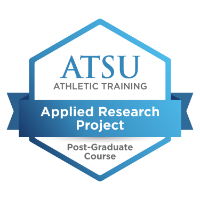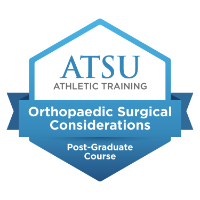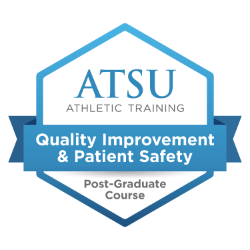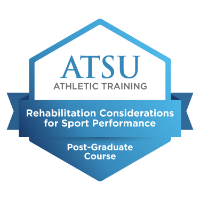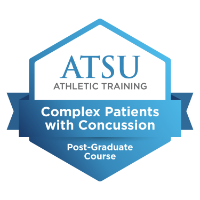QUICK LINKS:
Overview Curriculum Faculty & staff Tuition Admissions Careers & outcomes Student experience FAQs AccreditationBuild a strong foundation for future success in PA school
A.T. Still University-Arizona School of Health Sciences' (ATSU-ASHS) Master of Science in Biomedical Sciences (MSBMS) program provides an online learning opportunity for individuals aspiring to pursue enrollment in physician assistant (PA) school. All students who complete the MSBMS program with a GPA of 3.5 or higher and meet the ATSU-ASHS PA program prerequisite requirements will be granted an automatic interview with the ATSU-ASHS Physician Assistant Studies program.*
Program details
The biomedical sciences master’s program is comprised of 45 credit hours of study which can be completed over the course of 9 months, offering students an accelerated path and much shorter completion time when compared to other biomed programs. The "gap year" format provides an opportunity for students to enhance and strengthen undergraduate prerequisite coursework. Upon completion of the rigorous coursework of the Master of Science in Biomedical Sciences program, students demonstrate their ability to succeed in ATSU's fast-paced PA curriculum.
*Please note: Guaranteeing an interview does not ensure admittance or confer any preference in the admissions selection process. The ATSU-ASHS PA program upholds a holistic approach to interviews and admissions.
Upcoming events
Join our leadership team and faculty to learn more about the program! Our interactive Zoom sessions focus on the curriculum, faculty, admissions, tuition, and more.
Flexible curriculum for aspiring PAs
The fully online biomedical sciences program enhances the academic background of students by providing the opportunity to obtain clinically oriented, graduate-level training that complements their academic standing in pursuit of a career in the health professions. For more details about the MSBMS program and the University, check the University Catalog.
Curriculum overview:
Program length: 9 months
Avg. students per course: 25
Total credit hours: 45
VIEW CURRICULUM OUTLINEMaster of Science in Biomedical Sciences courses
Students in the MSBMS program have the opportunity to take classes in medical writing, advanced sciences, and other health professional competencies required for admission to graduate health science programs. Students will thrive in an intimate educational setting with a maximum of 25 students per course.
Required courses
Courses are designed with an emphasis on academic rigor using an asynchronous learning model in a flexible online learning format.
3 Credits
Physiology includes the study of the normal function of each of the organ systems in the human body. Emphasis is placed on basic principles and mechanisms that have application throughout all areas of medical practice. Medical Physiology I Foundation topics include homeostasis; Cell Adaptation and Necrosis, Membrane function and signal transduction; Smooth muscle; Autonomic function; Body fluid compartments; Fluid dynamics; Ionic basis of excitation; Skeletal muscle and Eyes, Ears, Nose, and Throat (EENT). Students will gain an understanding of the integrated functions of the normal body. Lastly, students will develop “problem solving” and “critical thinking” skills through evaluating clinical situations and through presentations of case studies.
3 Credits
Physiology includes the study of the normal function of each of the organ systems in the human body. Medical Physiology II will continue building upon the basic concepts of physiology from Medical Physiology I. Medical Physiology II will expand on the physiological aspects of the Renal System and its association with Acid-Base balance. Physiological functioning of the Respiratory System, mechanics of breathing, regulation of pH, and gas transport will be detailed. Medical Physiology II will cover the Cardiovascular System. Electrical activity of the heart, the heart as a pump, cardiovascular regulatory mechanisms, the cardiac cycle, and neurohumoral regulation of the cardiovascular system will be emphasized. Students will gain an understanding of the integrated functions of the normal body. Lastly, students will develop “problem solving” and “critical thinking” skills through evaluating clinical situations and through presentations of case studies.
3 Credits
Physiology includes the study of the normal function of each of the organ systems in the human body. Medical Physiology III will continue building upon the basic concepts of physiology from Medical Physiology I and Medical Physiology II. Medical Physiology III will expand on the physiological aspects of the Endocrine System, Gastrointestinal System, and Neurophysiology. Endocrine System modules will focus on whole body homeostasis and the relationship of endocrine function and reproduction. The weekly modules on the Gastrointestinal System will cover the digestive process, the absorption of nutrients, and the role of the Liver. The central and peripheral nervous systems will be revisited, and the weekly modules will cover somatosensory transmission (pain, touch, and temperature) and reflexes. Students will gain an understanding of the integrated functions of the normal body. Lastly, students will develop “problem solving” and “critical thinking” skills through evaluating clinical situations and through presentations of case studies.
3 Credits
A regionally based approach to macroscopic human structures, landmarks, and spatial relationships. The MSBMS students will apply learned knowledge through various activities with a focus on medical imaging modalities, physical exam and case studies. Assignments will require students to describe clinical presentations of disease and the techniques used in the assessment of human pathology. Regional Gross Anatomy covers the back, thorax, abdomen, perineum/pelvis, the upper and lower limbs, and head and neck.
3 Credits
A macroscopic head and neck focused human structures, landmarks, and spatial relationships. The MSBMS dental focus students will apply learned knowledge through various activities with a focus on medical imaging modalities, physical exam, and case studies. Assignments will require the students to describe clinical presentations of disease and the techniques used in the assessment of human head neck pathology. Focus on the anatomy of bones, muscles, nerves, blood vessels, and lymphatics of the head and neck and embryologic development of the teeth, periodontum, or mucous membranes, head and neck.
3 Credits
Biochemistry introduces the molecular basis of cell function and the biochemical basis of the interplay between structure and function. Special attention is given to disease states caused by chemical imbalance, genetic abnormalities, nutritional deficiencies, etc. The course also covers mechanisms of various FDA-approved medications and their target diseases. The course is interactive and lecture-based, with weekly discussions and quizzes embedded in each module.
2 Credits
This course presents students with the principle pharmacological information they will need to practice medicine. The information includes drug mechanism of action, pharmacokinetics, therapeutic uses, adverse effects, contraindications, and potential drug-drug interactions. Course content is delivered via zoom lectures and application exercises including formative quiz questions. These quiz questions uniquely allow students to self-assess their understanding of the material. The application exercises use clinical cases in a team-based learning format to enhance understanding of pharmacology of the drugs.
3 Credits
This course is a continuation of Pharmacology I and presents students with the principle pharmacological information they will need to practice medicine. The information includes drug mechanism of action, pharmacokinetics, therapeutic uses, adverse effects, contraindications and potential drug-drug interactions. Course content is delivered via zoom lectures and application exercises including formative quiz questions. These quiz questions uniquely allow students to self-assess their understanding of the material. The application exercises use clinical cases in a team-based learning format to enhance understanding of pharmacology of the drugs.
3 Credits
The purpose of this course is to provide students with the knowledge to understand how microorganisms cause human disease, the principles regarding mechanisms of infectious disease transmission, the interactions between microorganisms and hosts, and concepts in infection control and prevention. Emphasis is placed on studying gram-negative and gram-positive bacteria, virology, fungi, and parasites responsible for human infectious diseases, clinical manifestations of correlating infections, and common treatment regimens. Case-based clinical scenarios are specifically selected for the MSBMS students to emphasize concepts and clinical correlations.
2 Credits
The purpose of this course is to provide a foundational understanding of the immune system and its ability to prevent or limit infections caused by viruses, bacteria, fungi, protozoa, and worms. This course will build on previous knowledge of microbiology, biochemistry, and genetics to compare and contrast innate and adaptive immune systems. This course teaches humoral and cell-mediated immunity, and their role in autoimmunity, transplantation, host-parasite relationships, and disease. The objectives of this course include being able to distinguish various cell types involved in the immune response and provide an overview of the interaction between the immune system and pathogens.
3 Credits
This course will cover genetics from a medical perspective via covering the physiology of genetic diversity and disease. The curriculum covers a variety of topics from basic genetic content i.e., DNA replication and composition then transitions the learner to advanced topics including cytogenetics, mutation and metabolism, population genetics, and clinical genetics. Learning outcomes include mapping genetic diseases from a molecular level to expression, discussing ethical dilemmas, and preparing the student for a clinical career.
3 Credits
This course will examine the various types of medical writing a health professional will produce. This course encourages good writing skills through proper AMA formatting and citations. Students will develop skills around searching, analyzing and applying research literature in the medical sciences. Students will produce various written assignments to assess skills and strengths in medical writing and clinical guidelines.
3 Credits
This course will provide an overview of the principles of medical ethics (autonomy, beneficence, and justice) and ethical theory. Discussion will review the ethical challenges faced in healthcare and health administration, the ethical requirements of human-subjects research, the right to privacy and the ethical decision-making process. The responsibilities and boundaries of the patient-healthcare provider relationship and the conflicting demands of providing quality care with limited resources will be addressed, as will the relationship and responsibilities of healthcare providers to society. Case studies will be included to develop ethical reasoning skills applicable to daily practice.
3 Credits
This course will serve as an introduction to the social, cultural, behavioral, and economic factors that influence health status and population health interventions. The course will provide the student with the knowledge and self-efficacy to improve insights on communities and individuals different from their own that they may work with in the future.
2 Credits
This first course of the three-course series is designed to instruct the learner in the in the overarching tenants of medical professionalism essential to PA practice. The learner will draft and hone their personal statement for applications to PA school as well as interact one on one with a practicing PA to gain insight into the profession. During the capstone course sequence, the learner will work closely with their faculty advisor as they progress from conceptualization to completion of the applied project in Capstone III.
2 Credits
This second course of the three-course series is designed to instruct the learner in the overarching tenants of medical professionalism essential to PA practice. The applied project will be introduced, and the learner will build the necessary background knowledge to successfully create an innovative health intervention project. During the capstone course sequence, the learner will work closely with their faculty advisor as they progress from conceptualization to completion of the applied project in Capstone III.
4 Credits
This third course of the three-course series is designed to instruct the learner in the process of developing and completing an applied project. The applied project will be designed to target a health problem with an innovative health intervention project. During the capstone course sequence, the learner will work closely with their faculty advisor as they progress from conceptualization to completion of the applied project.
MSBMS Program Calendar
| July Cohort | |||
|---|---|---|---|
| Fall Semester | Spring Semester | ||
| Block 1: 10 weeks July - September |
Block 2: 10 weeks October - December |
Block 3: 10 weeks January - March |
Block 4: 6 weeks March - May |
| MSBS 5600 – Medical Writing for Health Professionals (3 credits) | MSBS 5700 – Medical Ethics (3 credits) | MSBS 5800 – Social & Behavioral Determinants of Health (3 credits) | MSBS 5960 – Capstone III (4 credits) |
| MSBS 5000 – Medical Physiology I (3 credits) | MSBS 5030 – Medical Physiology II (3 credits) | MSBS 5060 – Medical Physiology III (3 credits) | |
| MSBS 5200 – Biochemistry Essentials (3 credits) | MSBS 5300 – Pharmacology I (2 credits) | MSBS 5310 – Pharmacology II (3 credits) | |
| MSBS 5400 – Microbiology and Infectious Disease(3 credits) | MSBS 5550 – Genetics (3 credits) | MSBS 5450 – Principles of Immunology (2 credits) | |
| MSBS 5100 – Clinically Oriented Anatomy (3 credits) | MSBS 5900 – Capstone I (2 credits) | MSBS 5930 – Capstone II (2 credits) | |
Industry leading MSBMS faculty
ATSU-ASHS' Department of Physician Assistant Studies has a robust, time-proven curriculum for both residential and online programs with a strong faculty experienced in the online delivery of instruction. The department currently employs doctorly trained faculty who have received graduate degrees through online education, and have taught online courses at both the graduate and undergraduate level.
Hear from our leadership and faculty

Dr. Ann Lee Burch is the dean of A.T. Still University’s Arizona School of Health Sciences (ATSU-ASHS). Dr. Burch received her doctor of education from Columbia University, Teachers College in 2005. She received her masters of public health from Columbia University, Mailman School of Public Health in 2002 and her masters of physical therapy from Columbia University, College of Physicians and Surgeons in 1989. She was a postdoctoral fellow with the Research Group on Health Disparities at Teachers College, Columbia University. Her BA is in psychology from the University of Rochester.
Prior to her appointment as dean, Dr. Burch served as vice dean for ATSU-ASHS. She served as the chair of the Physical Therapy Department from 2008-January 2012. Prior to ATSU, Dr. Burch was the director of physical therapy at the University of Puerto Rico, Medical Sciences Campus in San Juan, Puerto Rico. She has held administrative and/or faculty positions at the International Center for the Disabled in NY, NY, Mercy College in NY, and Long Island University in Brooklyn, NY.
Dr. Burch’s area of scholarly interest and application of that interest is in knowledge, attitudes, and self-efficacy of health care providers and healthcare professional students towards underrepresented patient/client groups.
Dr. Burch is the author of a Guide to Physical Therapy (Vault Publishers) which was written to increase information access about physical therapy to both high school graduates and re-entry adults. She was a co-investigator on an NIH grant at the University of Puerto Rico exploring the feasibility of an exercise program for breast cancer survivors living in San Juan. Dr. Burch has lived in Symi, Greece, Taipei, Taiwan, Ahmdebad, India and San Juan, Puerto Rico, and is committed to research, teaching and service that further the understanding of the impact of socioeconomic and cultural variables on health.
She was a member of the class of 2014 cohort of Women in Educational Leadership at Harvard Graduate School of Education. In 2017 she was the co-PI on a Centers for Disease Control, Association for Prevention and Teaching grant exploring a population health case study format for teaching and communicating the impact of social determinants of health on health disparities. She was recently appointed a peer reviewer for the Higher Learning Commission.

Marlene Salas-Provance, PhD, MHA, CCC-SLP
Vice Dean
Dr. Salas-Provance, is professor and vice dean of A.T. Still University’s Arizona School of Health Sciences (ATSU-ASHS). Dr. Salas-Provance received her doctorate in speech science from the University of Illinois Urbana-Champaign. She received her masters of health administration from the University of Missouri School of Medicine-Columbia. She holds both a bachelors and masters in Speech Pathology from New Mexico State University.
Prior to her appointment as vice dean, Dr. Salas-Provance served as associate dean of academic and student affairs for the School of Health Professions at the University of Texas Medical Branch Galveston. She served as assistant dean and chair in the College of Education, Department of Special Education and Communication Disorders at New Mexico State University in Las Cruces, New Mexico and department chair in the Department of Communication Sciences and Disorders at the University of Montevallo (AL). She held faculty positions at Fontbonne College and St. Louis University, in St. Louis, MO.
She has made extensive professional contributions to the American, Speech, Language & Hearing Association (ASHA), serving on the Speech-Language Pathology Advisory Council, member of the Financial Planning Board, and the Multicultural Issues Board. She served as coordinator of ASHA’s Special Interest Group (SIG) 14, Communication Disorders and Sciences in Culturally and Linguistically Diverse populations and was a founding member and coordinator of SIG 17, Global Issues in Communication Sciences and Disorders. She is an ASHA Fellow and received ASHA’s highest awards for “Special Recognition in Multicultural Affairs” and “Outstanding Contributions in International Achievement.”
Dr.Salas-Provance has served as a clinical educator throughout her academic career, especially related to children with cleft lip and palate. She is a member of an international medical team with Rotaplast International and has traveled worldwide for over 15 years to provide clinical services to children with cleft palate. She implemented a program for graduate students in speech pathology to provide clinical services in Spanish to children with cleft palate in Lima, Peru. In addition to Lima, Peru she has provided clinical services in China, Bangladesh, Philippines, El Salvador, Dominican Republic, Guatemala and Venezuela.
Dr. Salas-Provance is coauthor of the textbook Culturally Responsive Practices in Speech-Language and Hearing Science (Plural Publishing, 2019) which meets the needs for training students in healthcare professions regarding practice with individuals from culturally and linguistically diverse populations. Her research is focused on attitudes towards disability by diverse populations and addressing the use of language interpreters during healthcare and educational encounters.
Over the past ten years she has lectured extensively to international audiences, both in English and Spanish, including as invited speaker for the Congreso Internacional en Trastornos de la Comunicacion at Escuela de Fonoaudiologia (Speech Language Pathology / Audiology) de la Universidad de Talca, Chile and for the Department of Otolaryngology, Hospital Nacional Arzobispo Loayza, Lima, Peru, Endoscopic Evaluation of Velopharyngeal Dysfunction. She was invited keynote speaker for the First International Congress in Speech-Language Pathology and Orthodontics in the area of cleft lip and palate in Lima, Peru.
Dr. Salas-Provance was selected for the American Council on Education (ACE) Women’s Leadership Program and attended the National Women’s Leadership Forum in Washington DC (2017) for advancing female executives in higher education.

Michael G. DePalma, DMSc, MHS, PA-C, DFAAPA
Associate Professor and Director, Master of Science in Biomedical Sciences Program
Dr. DePalma is an Associate Professor and the director of the Master of Science of the Biomedical Science (MSBMS) program.
Since graduating from the Lock Haven University Physician Assistant (PA) program in 2003, he has distinguished himself as a clinician, PA educator, PA leader, and published author. Dr. DePalma received his BS in Microbiology from the Pennsylvania State University in 1993, his Master of Health Science from Lock Haven University in 2003, and Doctor of Medical Science with a concentration in education from A.T. Still University in 2021. He has almost 20 years of clinical practice in orthopedic surgery, emergency medicine, and family medicine, and has been in PA education for the past five years. Prior to becoming a PA, Dr. DePalma was a Hospital Corpsman in the U.S. Navy and worked as a microbiologist for the Pennsylvania Department of Environmental Protection.
He is a distinguished fellow of the American Academy of Physician Associates, has served on the board of directors of the Pennsylvania Society of Physician Assistants, and held several PA leadership and advocacy positions. Dr. DePalma has served on hospital medical executive committees, credentialing committees, and was the Assessment Coordinator for the LHU PA program.
Contact me at michaeldepalma@atsu.edu or (480) 265-8065.

Ray Pavlick, PhD
Professor, Department Chair
Dr. Ray Pavlick has worked for ATSU since he began teaching physiology and pharmacology in ATSU’s PA program in 1997. He earned BS (1990) and PhD (1995) degrees in Physiology from the University of California-Davis. Dr Pavlick also teaches for ATSU’s Arizona School of Dentistry and Oral Health (ASDOH) and trains paramedics in the east valley of Phoenix.
He has published several articles in journals such as General and Comparative Endocrinology, The Journal of Physician Assistant Education, and The Journal of the Medical Library Association. He has also authored chapters in PANCE review books on both physiology and pharmacology. Dr Pavlick has held various leadership positions within ATSU including Associate Dean of Curriculum for the School of Osteopathic Medicine in Arizona (SOMA) and Director of Didactic Education for the ASHS PA program.
Dr. Pavlick’s primary passion is teaching, and he has been recognized for his teaching skills with several awards, including the Osmosis.org Raise the Line International Faculty Award (2020), the ATSU-ASHS Educator of the Year Award (2006) and the ASHS PA Faculty of the Year Award (2003 and 2005). Dr. Pavlick’s secondary passion is curriculum development, and he has presented workshops and research abstracts in this area at various medical education conferences around the world, including France, Scotland, Czech Republic, Netherlands, UK and Canada.
He began his role as the Chair of the Department of Physician Assistant Studies on an interim basis in June 2024 and assumed the permanent role in February 2025.

Michael G. DePalma, DMSc, MHS, PA-C, DFAAPA
Associate Professor and Director
Dr. DePalma is an Associate Professor and the director of the Master of Science of the Biomedical Science (MSBMS) program.
Since graduating from the Lock Haven University Physician Assistant (PA) program in 2003, he has distinguished himself as a clinician, PA educator, PA leader, and published author. Dr. DePalma received his BS in Microbiology from the Pennsylvania State University in 1993, his Master of Health Science from Lock Haven University in 2003, and Doctor of Medical Science with a concentration in education from A.T. Still University in 2021. He has almost 20 years of clinical practice in orthopedic surgery, emergency medicine, and family medicine, and has been in PA education for the past five years. Prior to becoming a PA, Dr. DePalma was a Hospital Corpsman in the U.S. Navy and worked as a microbiologist for the Pennsylvania Department of Environmental Protection.
He is a distinguished fellow of the American Academy of Physician Associates, has served on the board of directors of the Pennsylvania Society of Physician Assistants, and held several PA leadership and advocacy positions. Dr. DePalma has served on hospital medical executive committees, credentialing committees, and was the Assessment Coordinator for the LHU PA program.
Contact me at michaeldepalma@atsu.edu or (480) 265-8065.

Heather Alonge, PhD
Adjunct Faculty
Dr. Heather Alonge has been in higher education for over 15 years working across degree programs and allied health programs. Her professional experiences include nonprofit health advocacy and policy and serving as the program manager to the Office on Women's Health for the Missouri Department of Health and Senior Services. Dr. Alonge's research experiences include rural access to care, telehealth, cultural practices for COVID-19 prevention, and injury and violence prevention. Dr. Alonge has published in many peer-reviewed journals.
Developing & Teaching: MSBS 5800: Social & Behavioral Determinants of Health
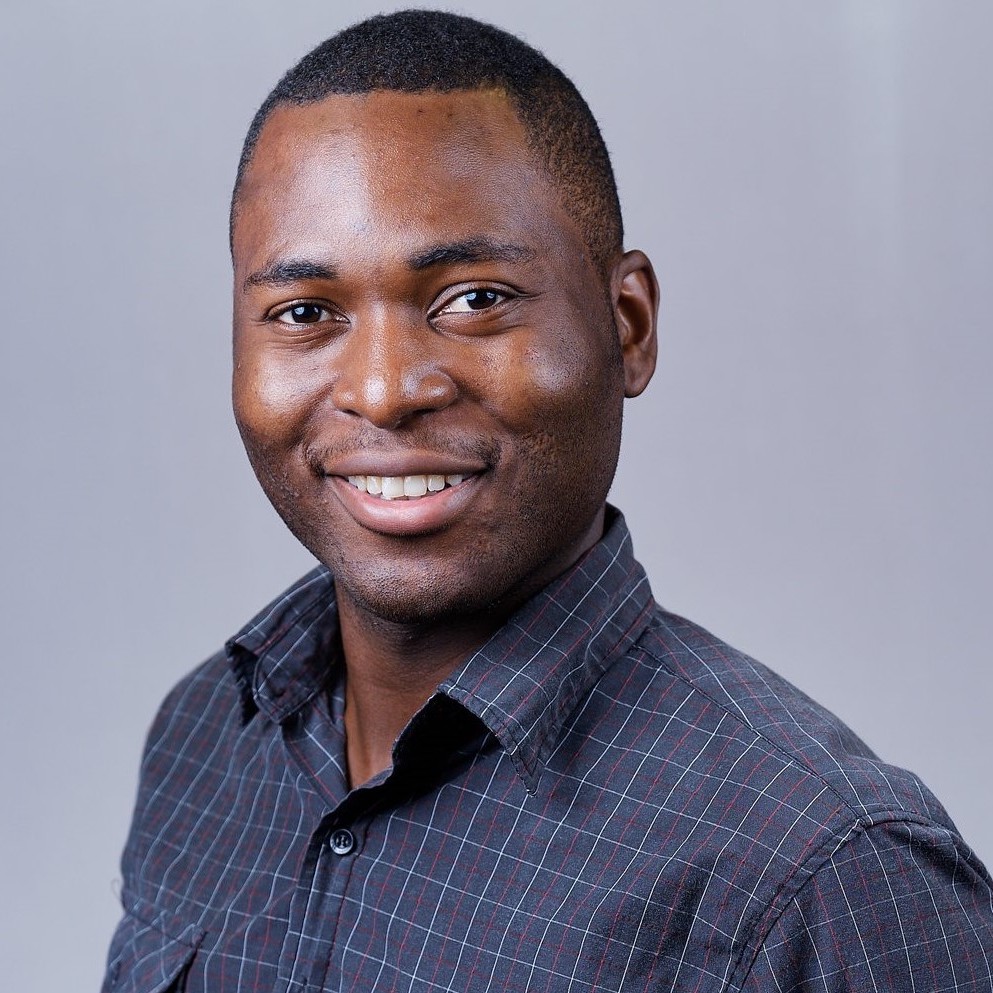
René Fuanta, Ph.D.
Adjunct Faculty
Dr. Fuanta obtained his bachelor’s degree in 2010 from the University of Buea, majoring in Microbiology with a minor in Medical Laboratory Technology. He later obtained his Ph.D. in 2018 from Auburn University, AL, with a focus on enzyme mechanisms and the characterization of inhibitors. He teaches a range of biochemistry courses from introductory to advanced biochemistry courses. Dr. Fuanta’s research investigates the effects of various inhibitors on various pathogenic bacteria and also targets key protein/enzyme systems within these pathogens – towards the potential development of new antibacterials. Dr. Fuanta is an Education Fellow of the American Society of Biochemistry and Molecular Biology (ASBMB) and was elected Mid-Atlantic region’s associate director of Sigma Xi. He serves on the editorial advisory board of award-winning science magazines – ASBMB Today and American Scientist. Dr. Fuanta is also an active member of other professional organizations including the American Chemical Society (ACS), the National Organization for the Professional Advancement of Black Chemists and Chemical Engineers (NOBCChE), and also peer-reviews for several academic journals.
Developing & Teaching: MSBS 5200: Biochemistry Essentials
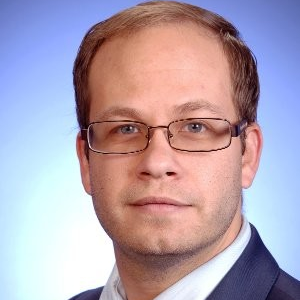
Kevin Hickman, DMSc, MHA, MJ (Health Law), PA-C, CHC
Adjunct Faculty
Developing & Teaching MSBS 5700: Medical Ethics (Section II)
Dr. Kevin Hickman is a PA with 15 years of clinical and leadership experience. He was the director of advanced practice providers for 4 years at two large healthcare systems in the northeast. During that time, he worked to improve organizational compliance with state and federal laws and regulations pertaining to physician assistants and nurse practitioners and clinical efficiency. Additionally, he aided in improving PA and NP utilization and documentation. Currently, he is an assistant professor/principal faculty at A.T. Still University’s Central Coast PA Program and clinically practicing in neurosurgery. He is adjunct faculty for multiple PA programs across the country, instructing on professional practice topics, including health law, compliance, billing and coding, malpractice and professional liability, medical ethics, and additionally for congenital heart and transplant surgery and medicine. He is actively involved in his state PA society and the American Academy of PAs. Governor Wolf appointed him to the Commonwealth of Pennsylvania Health Advisory Board in 2019, and he remains an active member.
He is certified in healthcare compliance and holds a Doctorate in Medical Science from A.T. Still University, a Master of Jurisprudence in Health Law from Loyola University, and a Master of Healthcare Administration from Ohio University. His thesis for health law explored the potential liability that can arise for physicians and organizations that employ PAs. He is a frequent national speaker at various medical and legal conferences. He has published multiple peer-reviewed articles in the Journal of the American Academy of PAs and the Journal of Physician Assistant Education on health law compliance and education.
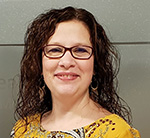
Katie Kugler
Adjunct Faculty
Katie Kugler began her career as a PA in 2000 upon graduating from King’s College in Wilkes-Barre Pennsylvania with her BS in Physician Assistant Sciences. She proceeded to complete her Masters of Education in Health Education at Pennsylvania State University in 2016. Since the beginning of her career she has had a passion for patient care, education, and leadership. She has over 22 years of clinical experience in urology, psychiatry, solid organ transplant surgery, otolaryngology and interventional radiology. During her clinical practice she has worked at small physician practices and large academic institutions giving her a broad based clinical and interprofessional experience. Katie routinely guest lectures for multiple PA programs, precepts clinical PA students, and has held a part-time PA school faculty position in the past. She also regularly lectures at the American Academy of PAs (AAPA) conference, Pennsylvania Society of Physician Assistants (PSPA) conference as well as other professional medical conferences on a variety of topics. She has a true passion for helping fellow PAs and PA students to meet their greatest potential through education and applies her educational skills to patient care to ensure that every patient understands their diagnosis and medical treatment plan. In addition to her clinical and educational endeavors she is an active leader in the PA profession. Katie is the co-chair of the Governmental Affairs Committee for the PSPA and an active member of many other committees. She has been a director at large for the board of directors and is a Past President for the PSPA among other positions she has held. On a national level she is a Distinguished Fellow of the AAPA and serves as an AAPA House of Delegate representative for Pennsylvania. She uses this leadership experience to be a strong advocate for PAs within her clinical practice as well as on a state and national level.
Developing & Teaching: MSBS 5900: Capstone I, MSBS 5930: Capstone II, MSBS 5960: Capstone III
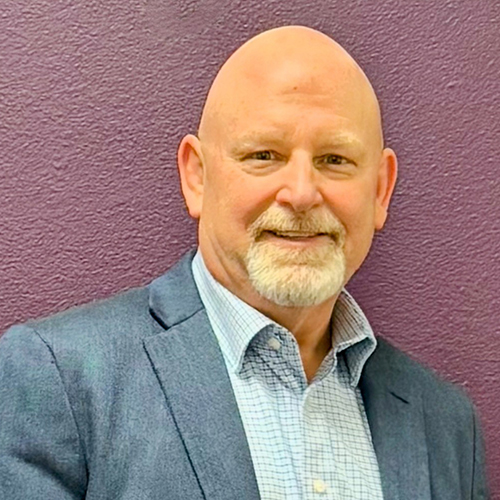
Douglas D. Long DMSc, PA-C
Adjunct Faculty
Dr. Douglas Long, PA-C, is proud to serve as adjunct faculty for the Master of Science in Biomedical Sciences (MSBMS) program at A.T. Still University. He is also the full-time Associate Program Director for the Doctor of Medical Science (DMSc) program at the College of Idaho.
He has been a practicing PA for nearly 28 years, with a career that began in Cleveland, Ohio. His entry into medicine started as a U.S. Navy Hospital Corpsman, followed by service as a field medical specialist with the U.S. Marine Corps. That experience led him to paramedic training and, eventually, PA school. His clinical background includes Emergency Medicine and Surgery—areas where he was privileged to serve patients in high-intensity settings.
Teaching has always been a passion of his. He earned a master’s degree at ATSU specifically to prepare himself to educate future PAs. He was later encouraged by mentors to pursue a Doctor of Medical Science degree focused on education and leadership (also at ATSU). That training shaped his approach to program development and student mentorship.
He was the founding Director of Clinical Education for the PA program at Ursuline College, where he built a clinical training infrastructure that remains strong today. His experience as a student in online education helped him discover the value and impact of remote student engagement.
Beyond teaching, he remains involved in scholarly work. He has authored textbook chapters and presented at conferences, including the AAPA conference and the Ohio State PA Conference, where he spoke on the professional value of a DMSc for PAs.
At the College of Idaho, he is focused on expanding and personalizing student support through the development of a nationwide network of doctoral-trained PA advisors.
He is excited to collaborate with all of you in shaping thoughtful, competent, and compassionate Capstone projects that will reflect positively on you and the hard work you will have completed at ATSU.
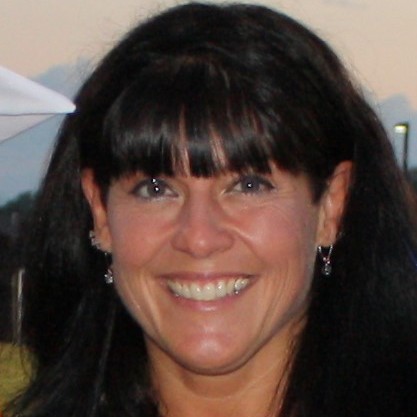
Karen Mattes, Ed.D.
Adjunct Faculty
Dr. Mattes is a resident of eastern Pennsylvania and is a full-time Biology professor at a local community college. She taught high school biology for 10 years prior to taking a position at the community college. Her favorite subjects to teach are microbiology and anatomy and physiology.
When she is not teaching, she is raising four children who fill her life with joy. There are also 2 border collies, 5 rabbits, and 8 ducks who add to her very full life on her property. Hobbies include walking, running, and researching projects to build for her children and animals.
Developing & Teaching: MSBS 5000 Medical Physiology I, MSBS 5030 Medical Physiology II, MSBS 5060 Medical Physiology III, & MSBS 5100 Clinically Oriented Anatomy
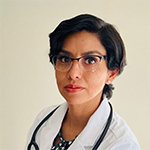
Laura Solano, PA-C, DMSc
Adjunct Faculty
Dr. Laura Solano has practiced as a Physician Assistant for 13 years in family practice. She is devoted to her patients as she serves in the same family practice location for 11 years. She currently serves on a leadership committee focused on clinical operations, technology and innovation. She represents and leads the family practice subcommittee representing Texas in a wider enterprise endeavor focused on electronic medical record system improvement. Recently she has been added to the clinician recruitment team. Moreover, Dr. Solano currently teaches mathematics remotely in a technology school for adults. She has been an active preceptor for doctoral nurse practitioners and physician associates at the University of Texas at Arlington, Texas Wesleyan University, and the University of North Texas Health Science Center (UNTHSC). Furthermore, she is a member of the Society of Physician Assistants in Genetics and Genomics (SPAGG). She is interested in genetics in light of the relevance of genetic conditions as they pertain to the practice of medicine. She has vast experience with genetic syndromes during her clinical experience of treating pediatric and adult patients for over a decade.
Dr. Solano enjoys writing and has a publication in the Journal of American Academy of PAs (JAAPA) on the topic of continuous glucose meters. She has other articles pending publication and others pending a decision. Dr. Solano obtained her master's degree from UNTHSC and a Doctoral degree from A.T. Still University where she studied education technology, curriculum design, and other topics focused on adult learning.
She is an active clinician and enjoys serving in family medicine. She is a happy wife and a mother of two girls and twin boys. Dr. Solano enjoys music and plays guitar, keys, and drums. She is passionate about education and believes that anything can be learned with the right instructor.
Developing & Teaching: MSBS 5550: Genetics
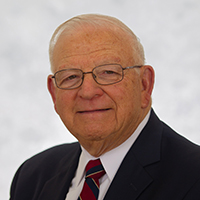
Robert Theobald, Ph.D.
Adjunct Faculty
Teaching: MSBS 5300: Pharmacology I, MSBS 5310: Pharmacology II
Dr. Theobald is a professor of pharmacology at ATSU. He received his doctorate in pharmacology from the University of Pittsburgh, School of Pharmacy and he did a postdoctoral fellowship in the School of Medicine. He came to ATSU, then Kirksville College of Osteopathic Medicine, where he advanced from assistant professor to full professor, serving as chair of the Department of Pharmacology from 1989 to 2015. His research has involved studies on the smooth muscle of the lower urinary tract and most recently the effect of various drugs on cognition. His research has been funded by the National Institutes of Health, the American Osteopathic Association, the Warner Fund, and the Biomedical Graduate Student Program. He is an active member of the American Society for Pharmacology and Experimental Therapeutics where he has held national offices, including Secretary/Treasure of ASPET's Division of Pharmacology Education. He is an emeritus member of the Association of Medical School Pharmacology Chairs Association holding positions of leadership including Councilor, Secretary, and Treasurer. He has numerous publications in national and international peer-reviewed journals, including the Journal of Urology, Life Sciences, and the European Journal of Pharmacology. He and his wife, Janie, have 3 children, two who are graduate physicians from KCOM, and one who is a marine biologist. Dr. Theobald enjoys reading, old movies, golf, and theology.
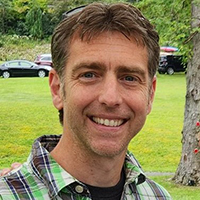
Craig Ernst, DHSc, MPH, PA-C
Adjunct Faculty
Teaching: MSBS 5700: Medical Ethics (Section One)
Dr. Craig Ernst has been a full-time professor and PA educator for nearly fifteen years. In addition to having worked clinically as a cardiology PA, Dr. Ernst is a former Peace Corps volunteer to Ethiopia, where he taught English in the Ethiopian school system. He holds degrees in anthropology, health science, healthcare management, and public health. His research interests include the cultural aspects of healthcare and the development of cultural humility in healthcare students. Dr. Ernst enjoys traveling and has organized and led medical Spanish and immersion trips abroad for his students. His other interests include hiking, roasting coffee, and spending time with family. Dr. Ernst lives in Pennsylvania with his wife and two children.
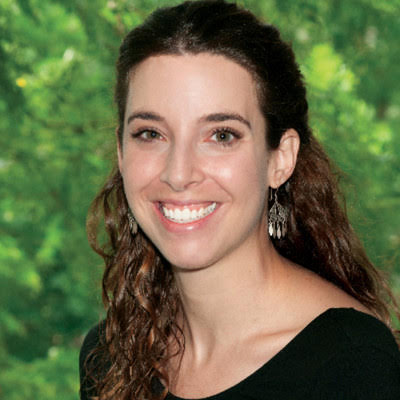
Kristin Hill, PA-C
Adjunct Faculty
Teaching: MSBS 5450: Principles of Immunology
Kristin Hill is an adjunct professor and experienced Physician Assistant with 10 years clinical experience.
Prior to becoming a Physician Assistant, she was a Registered Dietitian and continues to incorporate nutrition and whole person thinking into education and clinical care.
Since graduating from Philadelphia College of Osteopathic Medicine in 2015, she has worked clinically in the area of Emergency Medicine, Internal Medicine (specifically Hospital Medicine) and most recently, Surgery.
Kristin holds a strong passion for Physician Assistant education and, prior to joining ATSU, she was an Assistant professor in the Physician Assistant program at Lock Haven University.
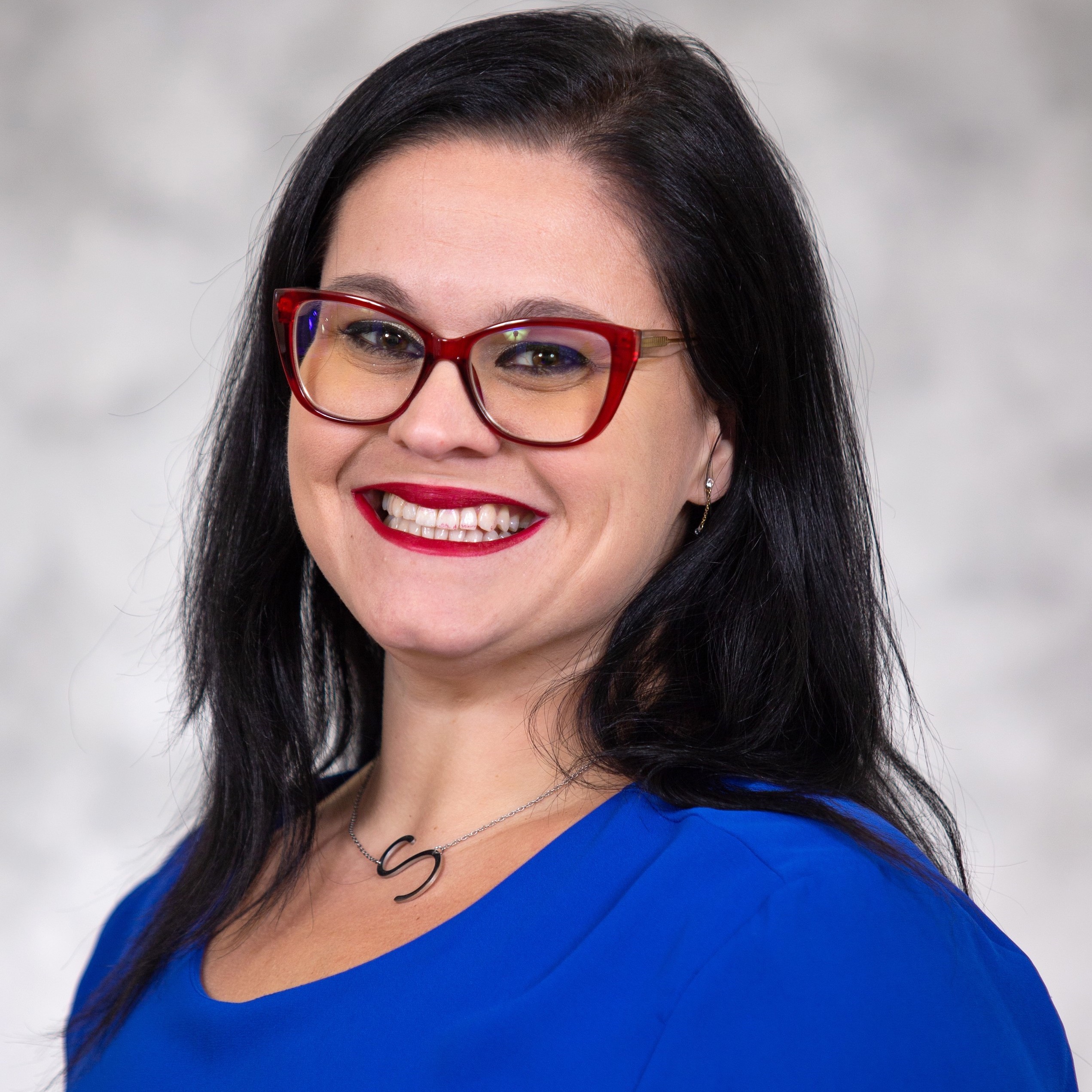
Sara AminiRad-Hall, MPH, CHES
Program Manager
Sara Amini-Rad graduated top of her class from A.T. Still University’s College of Graduate Health Studies with a Masters in Public Health. In addition she is certified as a Certified Health Education Specialist through the National Commission for Health Education Credentialing.
Ms. Amini-Rad has worked for A.T. Still University for eight years, has ten years of traditional and social media marketing experience, and has 20+ years of experience in community service and community program planning and implementation. Medical education is a true passion and the field in which Ms. Amini-Rad enjoys working most; with an emphasis on ensuring that students understand the important roles Social Determinants of Health, Patient Advocacy, Health Literacy, Mental Health and, Person-Centered Whole-Person care play in the outcomes of their future patients.
Personal Teaching Philosophy: Doing the best I can to create a learning environment in which students can be successful.
Contact me at saraaminirad@atsu.edu or (623) 251-4714.

Karina Whetstine, MAEd
Instructional Designer
*16 years of instructional design experience in higher education
*Seven years of adjunct faculty experience teaching online
*Five years of Instructional Design Project Manager experience on two Department of Labor multi-million-dollar grants (TAACCCT and First in the World) purposed to design programs of study to help learners gain industry-ready skills.
*Master of Arts in Education/Training and Learning Technologies with a focus on instructional design and program evaluation from the University of New Mexico
Tuition and fees
Tuition and fees for the Master of Science in Biomedical Sciences program are designed to cover the cost of high-quality education and essential student services. In addition to tuition, students are responsible for a student technology fee, which helps support access to critical student resources. Please note that tuition rates and fees are subject to change, please review the tuition and fees breakdown for the most up-to-date information.
Financial aid
Investing in your future as a student is one of the most important steps you will take. ATSU can help you create a financially sound aid package that will let you focus on your education instead of worrying about how you will finance it. To learn more about your options visit Enrollment Services or contact them at enrollmentservices@atsu.edu or call 660.626.2019.
Free Application for Federal Student Aid (FAFSA) is available at StudentAid.gov for U.S. residents applying to this program.
Admissions
The Master of Science in Biomedical Sciences program prepares well-prepared physician assistant hopefuls. Prospective students should review these criteria to ensure a complete application.
- Prospective students will complete the ATSU application online and pay a $70.00 application fee.
- Students admitted to the Master of Science in Biomedical Sciences program will have all the following:
- Bachelor of Science or Art degree from a U.S. accredited institution of higher education recognized by the Department of Education or applicants who graduated from a university outside the United States will be required to provide a degree equivalency evaluation.* Official college transcripts from all qualifying degree institutions attended to include at least:
- Prerequisite coursework with a C or better:
- Anatomy – 3 semester hours/5 quarter hours
- Combined anatomy & physiology courses will require 6 semester hours/9 quarter hours to satisfy the Anatomy requirement
- English – 6 semester hours/9 quarter hours
- Anatomy – 3 semester hours/5 quarter hours
- Minimum overall of 2.5 (A = 4.0)
- Minimum overall and science grade point averages of 2.5 (A = 4.0)
- At least one letter of reference/recommendation
- A one to two-page personal statement
- Fluency in English (the language of instruction of this program). When the applicant writes in English as a second language, the applicant must submit Test of English as a Foreign Language (TOEFL) scores for review.
- Acceptable minimal TOEFL scores for MSBMS applications are:
- Internet-based total score = 80
- Acceptable IELTS score is an overall band score of 6.5
- The TOEFL is administered by TOEFL/TSE Services, P.O. Box 6151, Princeton, NJ, 08541-6151, USA 609. 771.7100. Information is available at http://www.ets.org/toefl. A.T. Still University’s institutional code is 0339. Please be sure to include this information when you submit your application packet. TOEFL Educational Testing Services P.O. Box 6151 Princeton, NJ 08541-6151 609.771.7100
- Applicants who speak and/or write English as a second language who have previously graduated from a college or university accredited by the U.S. Department of Education with a bachelor’s degree (or higher) are exempt from this requirement.
- Applicants who believe the TOEFL requirement should be waived may petition a program chair in writing.
- Acceptable minimal TOEFL scores for MSBMS applications are:
- Students with a Bachelor of Science or Arts degree from a non-U.S. accredited institution of higher education must be currently residing in the US and meet one of the following:
- Permanent US citizenship
- Permanent residency status (green card)
- Applicants must be able to meet the minimum technology requirements as outlined at student technology requirements during the entirety of the master’s program.
*Applicants who have graduated from a foreign college or university should submit acceptable evidence of U.S. degree/course equivalency. All course work taken at the foreign institution must be evaluated for American institution equivalence by one of the following services:
| Educational Credential Evaluators, Inc. P.O. Box 514070 Milwaukee, WI 53203-3470 414.289.3400 |
International Education Research Foundation, Inc. P.O. Box 66940 Los Angeles, CA 90066 310.390.6276 |
| Josef Silny & Associates, Inc. 7101 SW 102 Avenue Miami, FL 33171 305.273.1616 |
World Evaluation Service Inc. P.O. Box 745 Old Chelsea Station New York, NY 10113-0745 212.966.6311 |
| International Credentialing Associates, Inc. 7245 Bryan Dairy Road Largo, FL 33777 727.549.8555 |
International Consultants of Delaware P.O. Box 8629 Philadelphia, PA 19101-8629 215.222.8454 |
| American Assn. of Collegiate Registrars & Admissions Officers One Dupont Circle, NW, Suite 520 Washington, DC 20036-1135 (202) 293-9161 | University of Texas at Austin Robert Watkins – Graduate and International Admissions Center 2608 Whitis Avenue Austin, TX 78712 512.475.7409 (Credential Reviews for Texas only) |
- Completion of 45 credit hours
- Completion of all courses in the program
- Completion of all coursework and required activities with an average grade of “C” or better for graded courses and “Pass” designation in those courses graded pass/fail
- Successful completion of comprehensive examinations and capstone courses
- Fulfill all financial obligations to A.T. Still University
- Adherences to all policies published in the University catalog such as student academic progress, professional rights, responsibilities, and conduct.
Careers and outcomes
Knowledge gained in the Master of Science in Biomedical Sciences program enhances prerequisite course work and prepares students for the rigorous curriculum of PA education. Completion of the program enhances a student’s academic and professional portfolio.
MSBMS students and alumni
When you gain entry to ATSU’s Master of Science in Biomedical Sciences program, you are joining a collective that is dedicated to whole person healthcare and the advancement of the PA profession. Discover from our students and alumni how the MSBMS program is empowering physician assistant hopefuls.
Hear from our students and alumni
Frequently asked questions
Yes, you can! The online format of ATSU-ASHS’ MSBMS program provides students with the flexibility to learn and complete coursework at their convenience. Although, be prepared to balance a rigorous and fast-paced curriculum with potential employment opportunities. Employment in healthcare-related fields can improve your PA school applications and demonstrating success in the MSBMS program can improve your chances of securing an interview and potential acceptance to a PA program.
Students who complete the ATSU-ASHS MSBMS program with a GPA of 3.5 or higher and meet the prerequisite requirements of ATSU-ASHS’s PA program will be granted an interview with the program. While a seat is not guaranteed, students who obtain a Master of Science in Biomedical Sciences degree will enhance their academic record, knowledge, writing skills, critical thinking, and demonstrate an ability to succeed in a rigorous curriculum—all of which are qualities that can improve chances of acceptance to a PA program.
Courses will consist of a combination of written assignments, discussion boards, and at home quizzes and examinations as methods of assessment. Group discussions and case-based scenarios, individual and group projects, and community service activities, as available, will also serve to develop and assess interactive experiences.
The Master of Science in Biomedical Sciences program curriculum is designed to offer students the opportunity to demonstrate success early in the program. This experience provides the opportunity to begin the CASPA application process while completing the degree and show academic progress. Many of the courses in the MSBMS program are taught by experienced PAs. The curriculum is designed to expand your knowledge of advanced sciences from the perspective of a future PA student.
A gap year, or taking a year off between undergraduate and graduate education, is a growing trend in medical education. There are several advantages to taking a gap year and many factors to consider if this program is right for you. The Master of Science in Biomedical Sciences program is designed to help boost low GPAs with science-based master’s curriculum, allow for further research and understanding of the PA profession, and improve your chances of reaching your goals of becoming a PA. Completing the program results in a productive and results-driven gap year for motivated students.
The ASHS-MSBMS program is a customized program for prospective PA students. The current curriculum is taught mostly by PAs and is specifically designed for acceptance and success in PA education. We understand educational goals are unique and prerequisite requirements in healthcare education vary greatly by profession. Applicants should understand that the focus of the ASHS-MSBMS program is on PA education.
Accreditation
A.T. Still University of Health Sciences is accredited by the
Higher Learning Commission
230 S. LaSalle Street, Suite 7-500,
Chicago, IL 60604
Phone: 800.621.7440
Fax: 312.263.7462
Email: info@hlcommission.org
Web: hlcommission.org
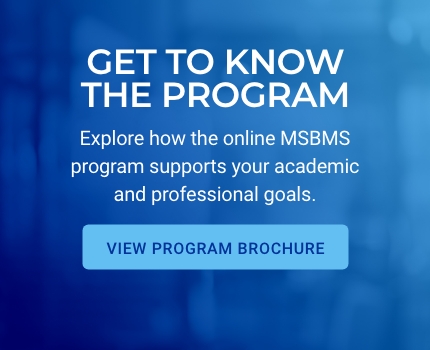







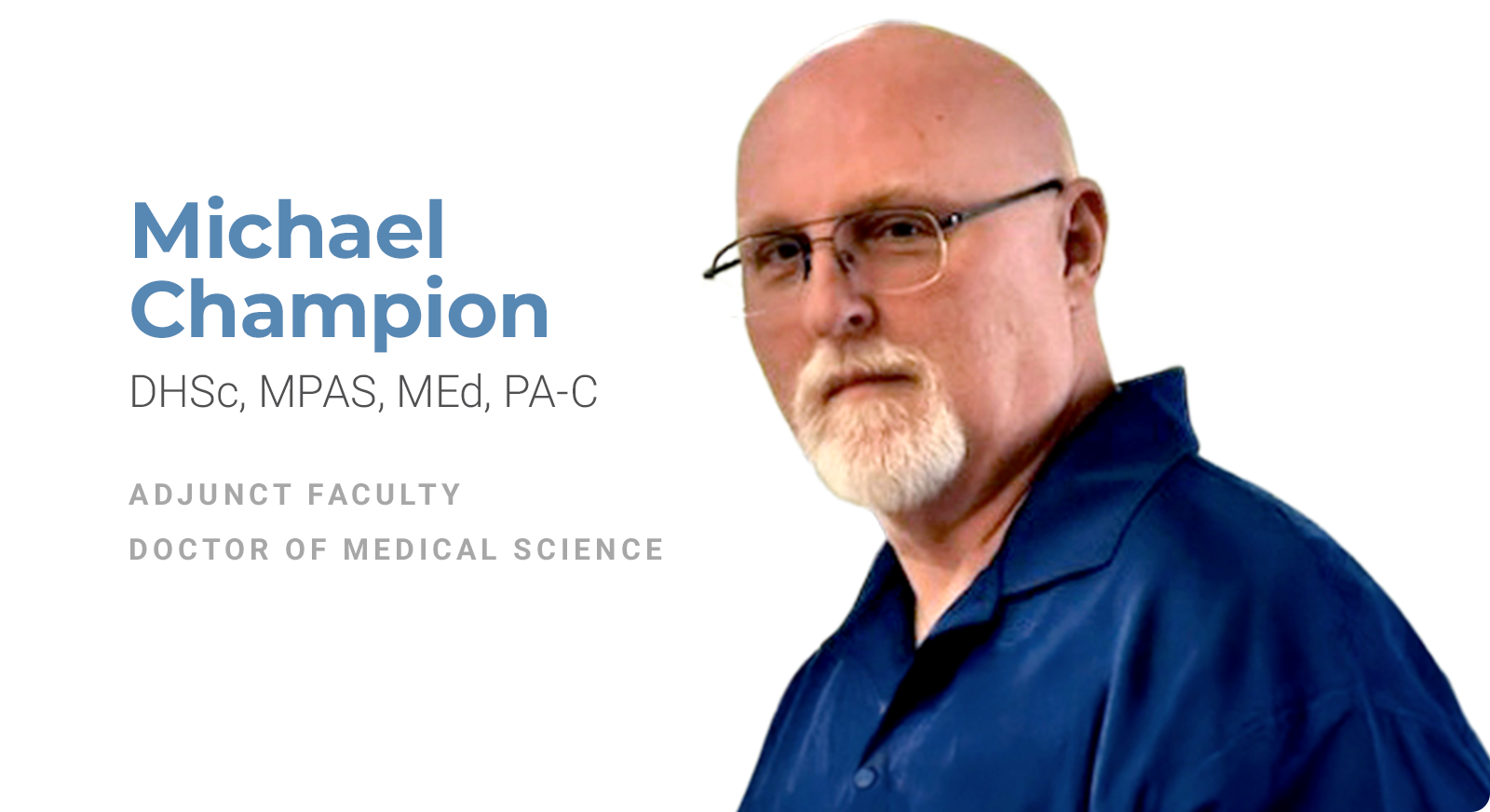

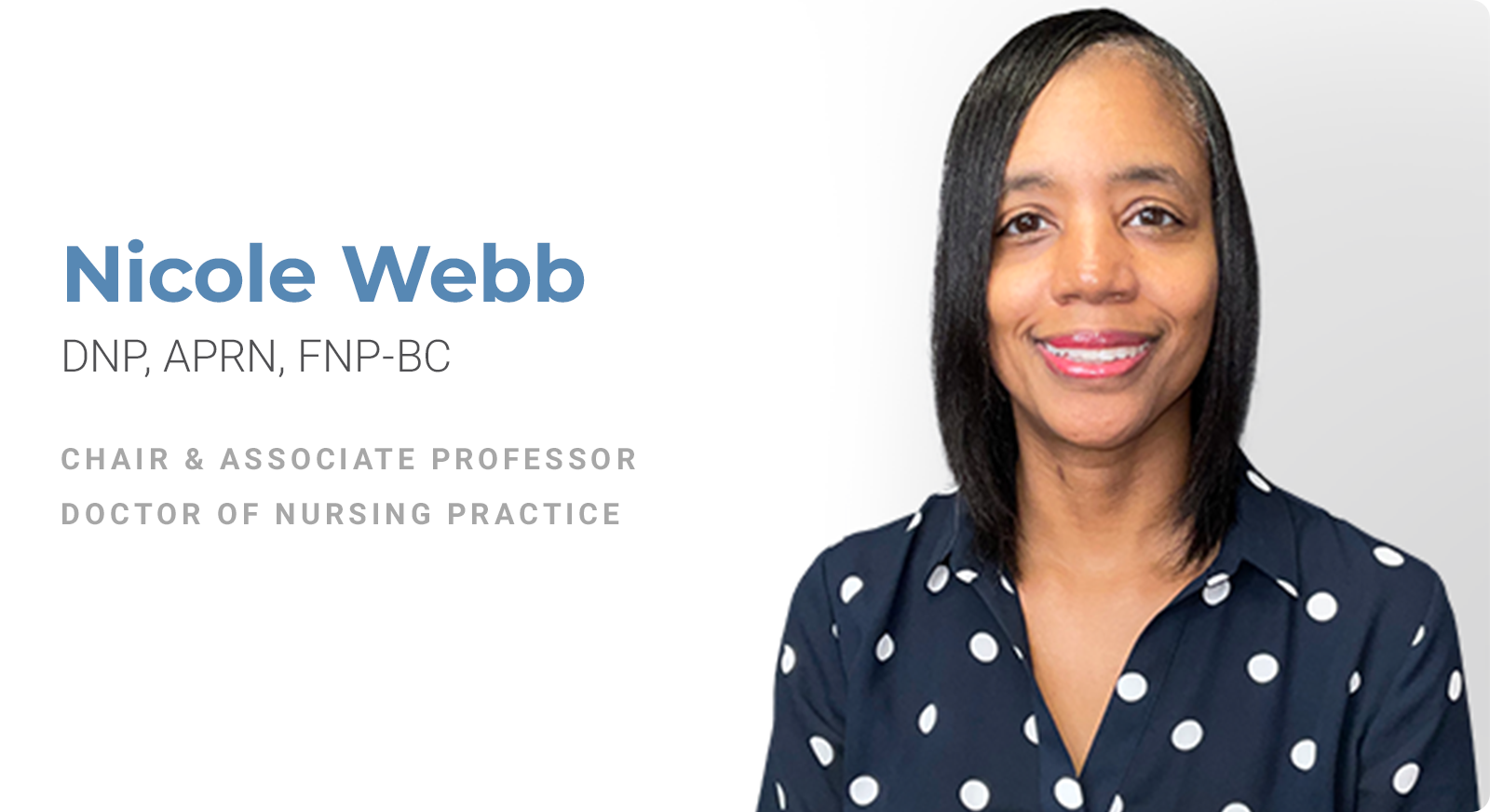
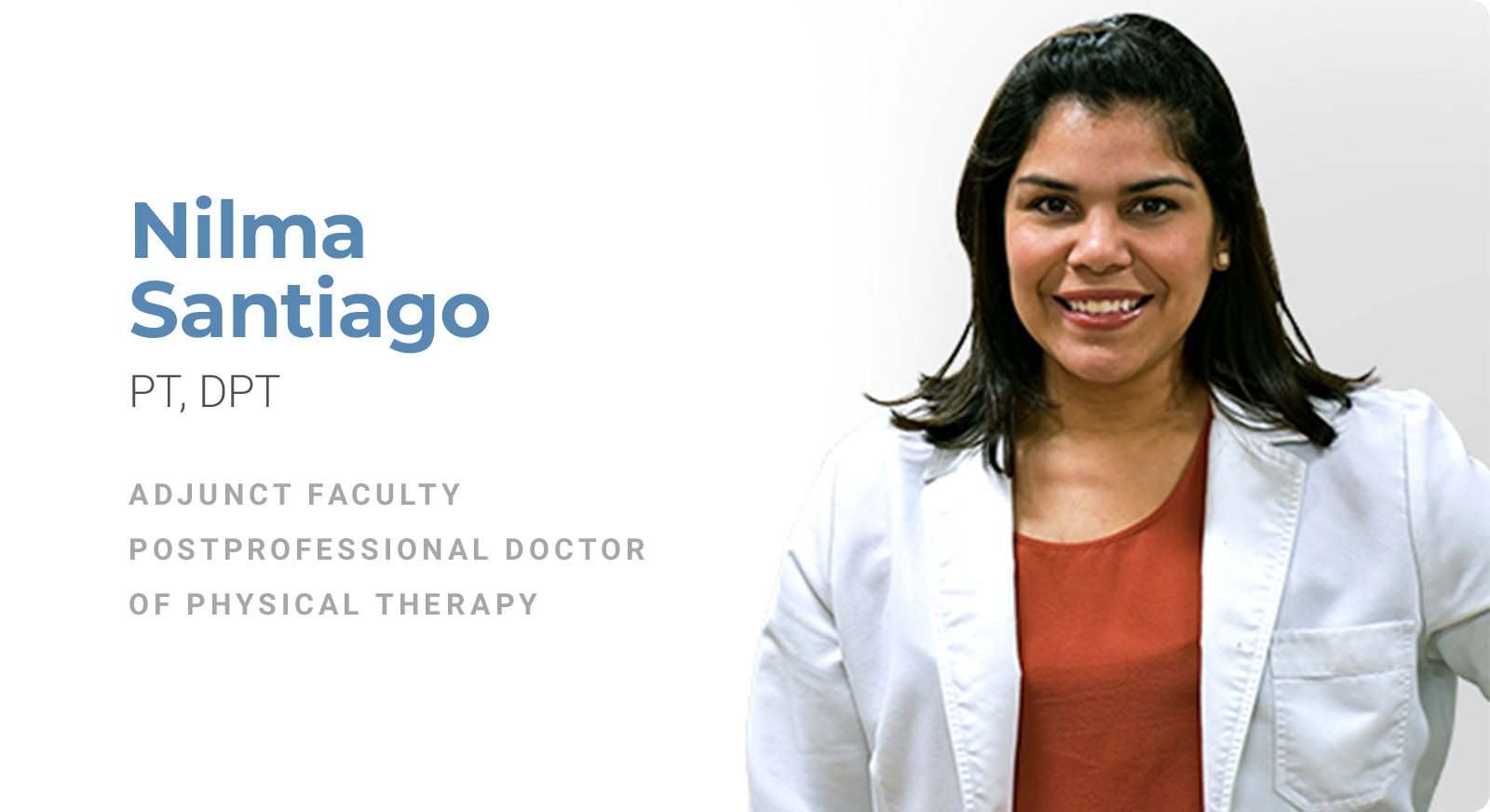
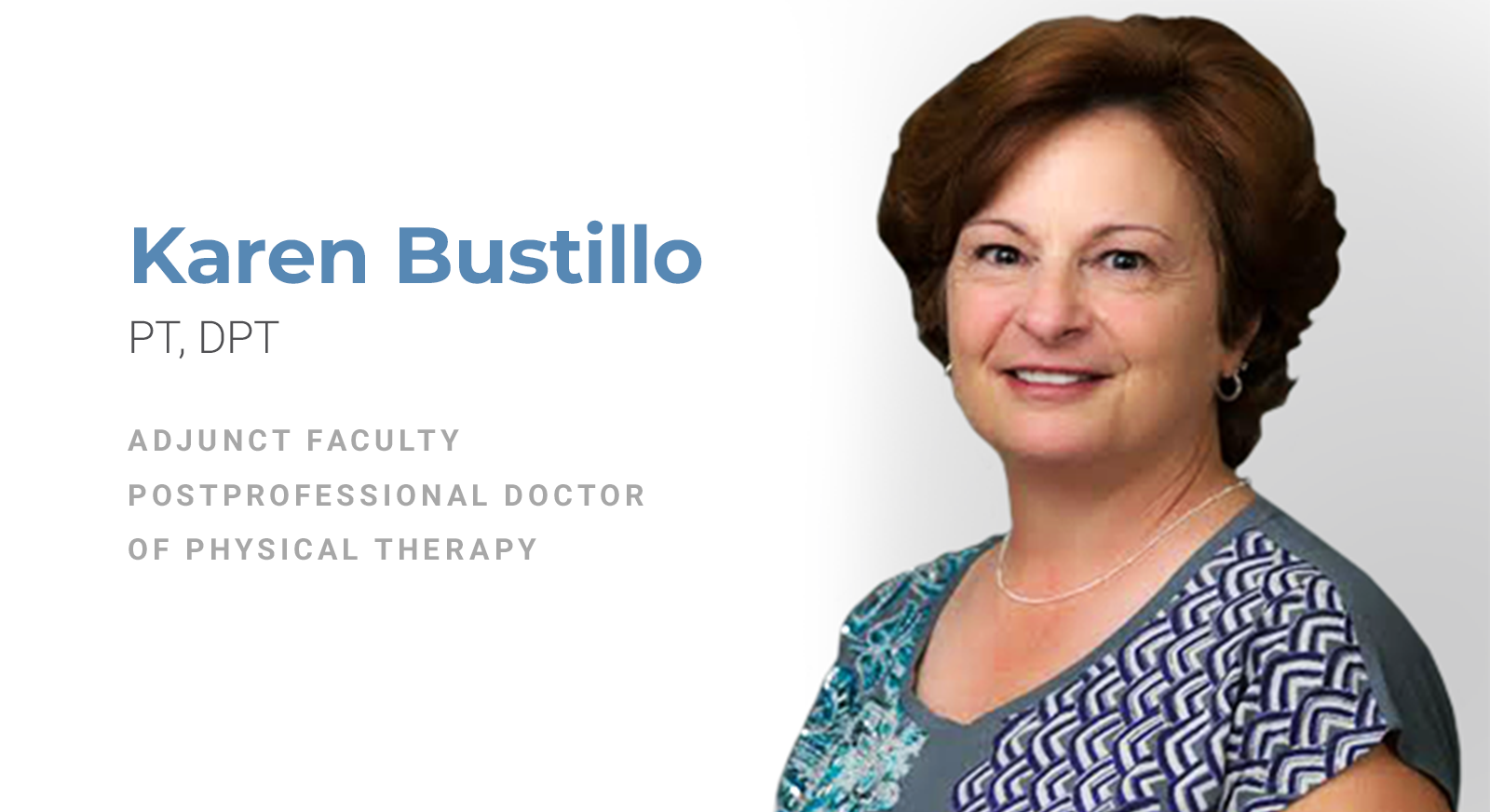
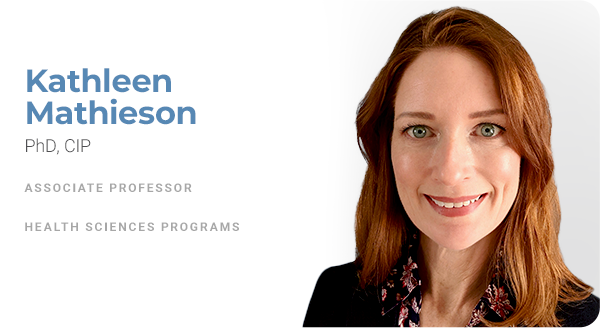
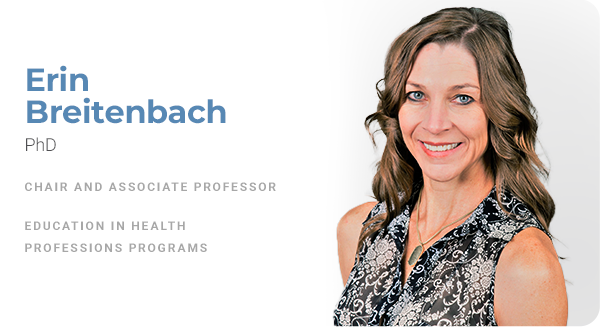
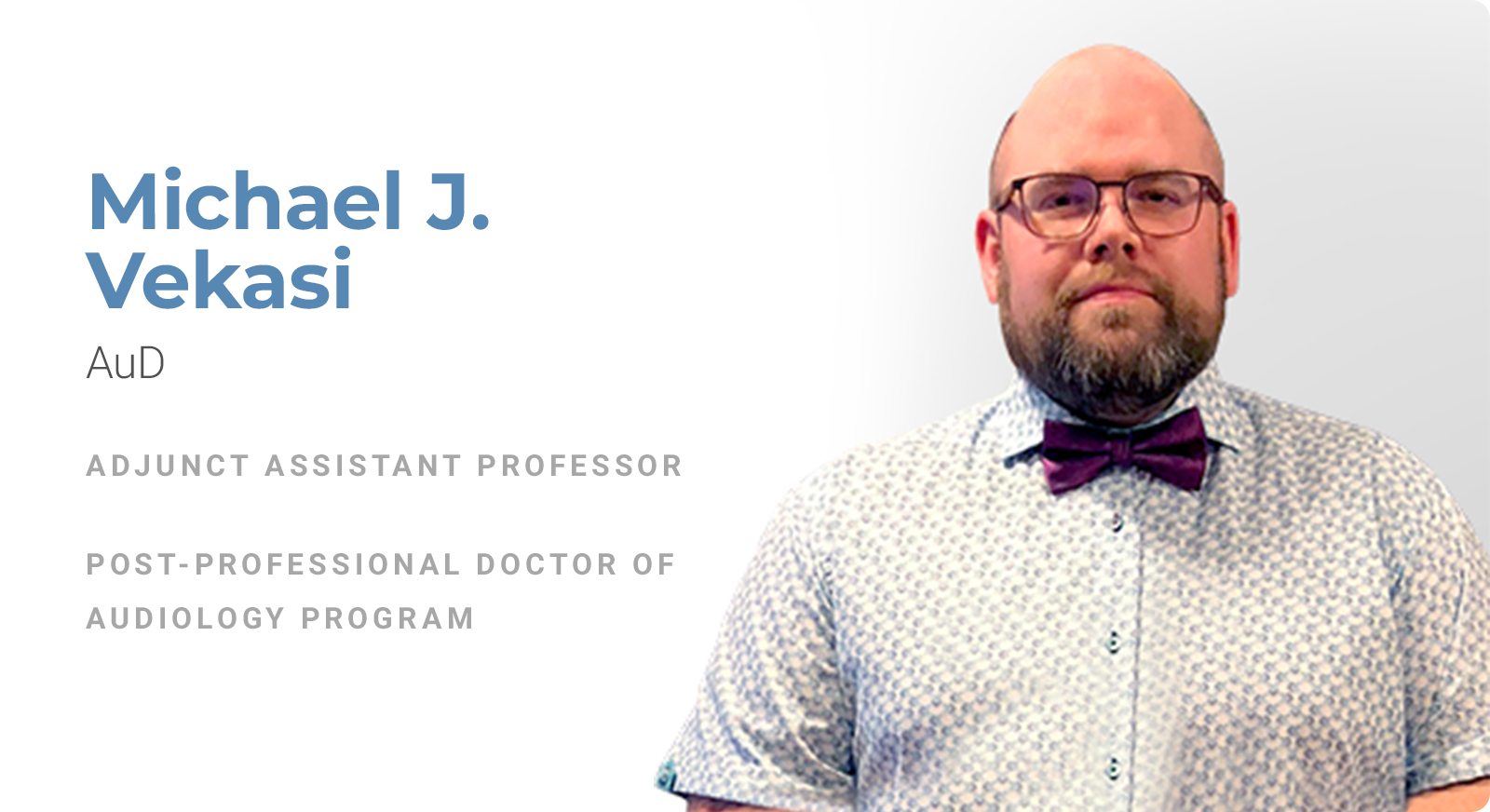

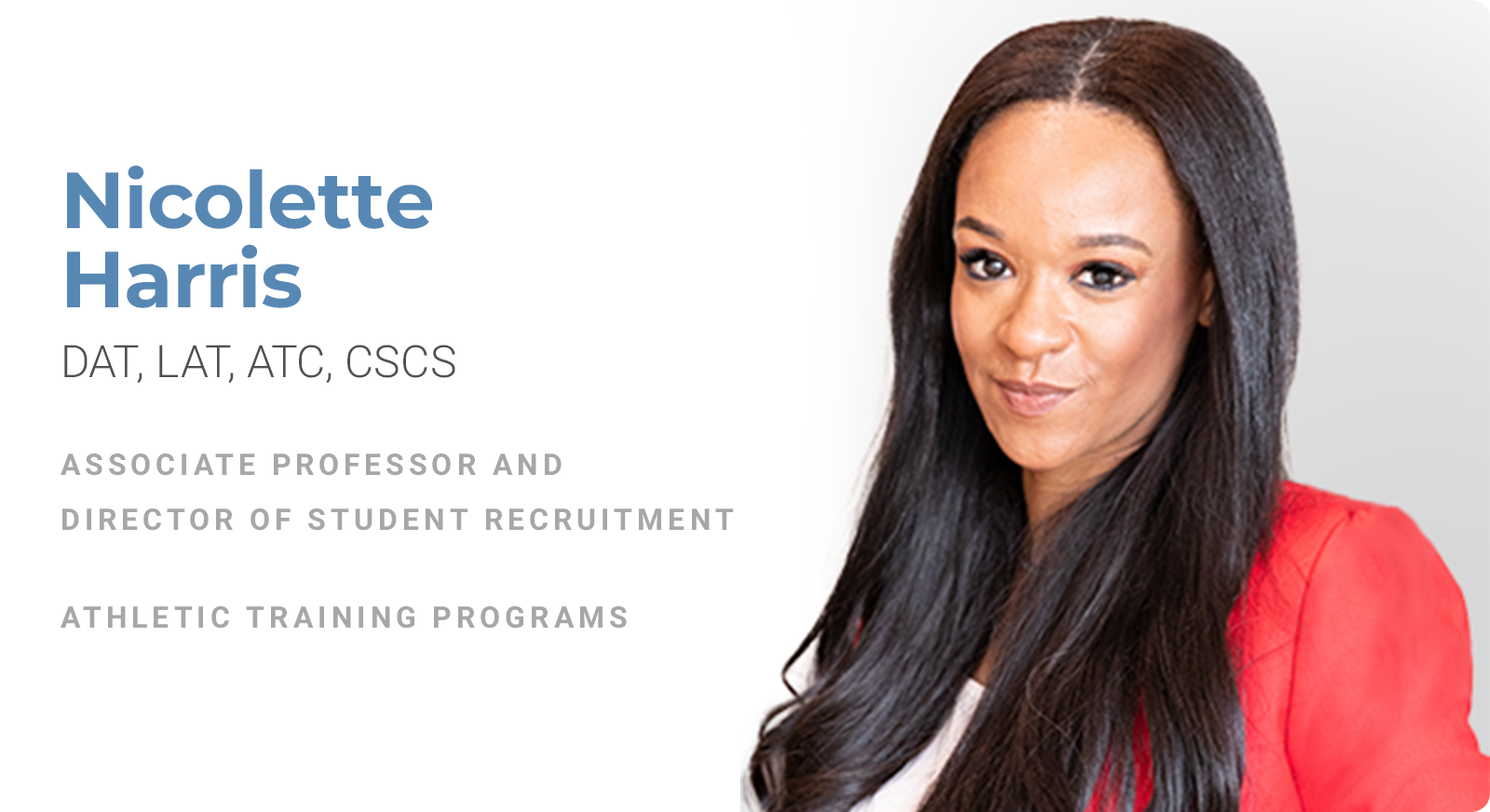
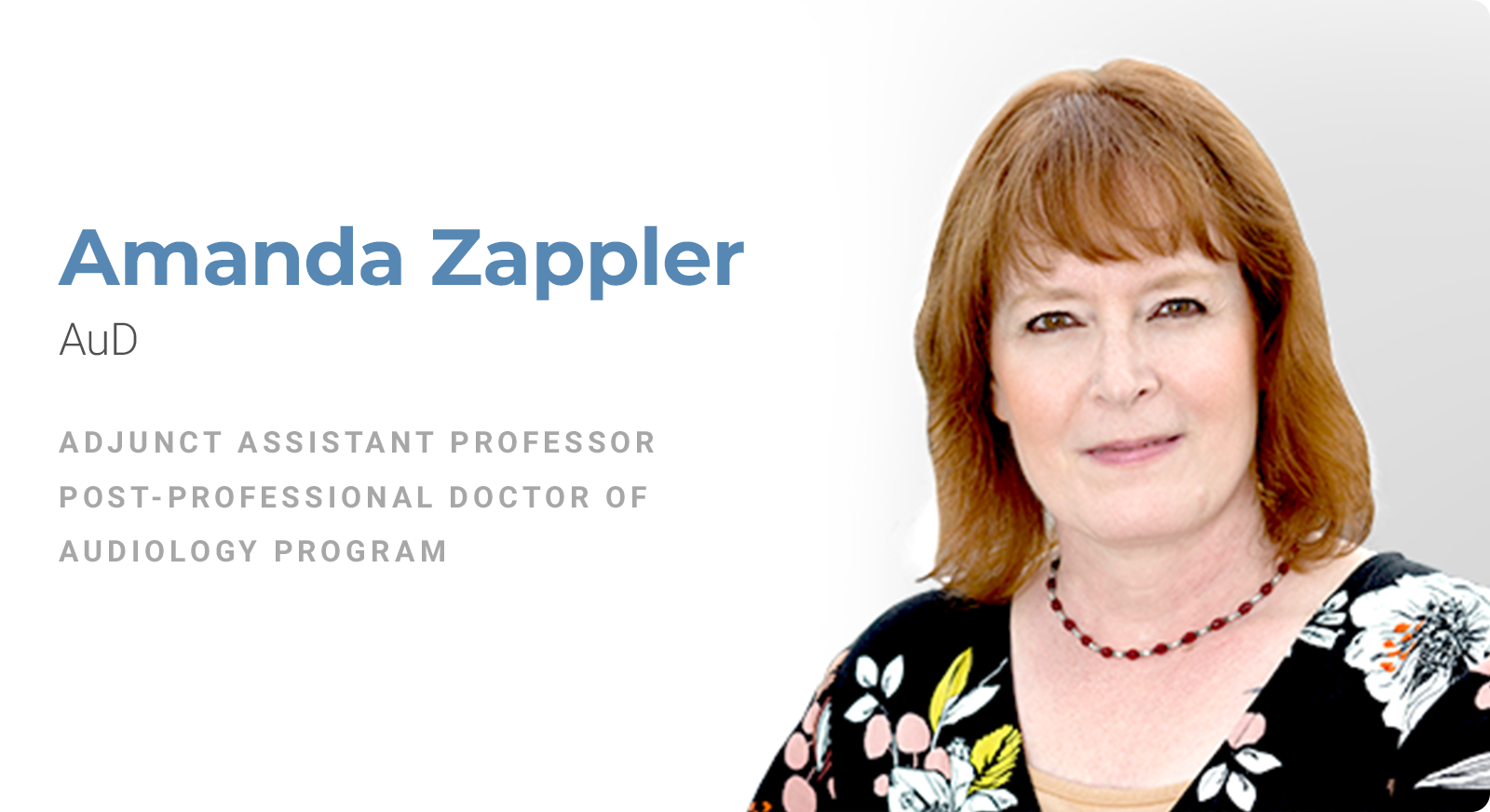
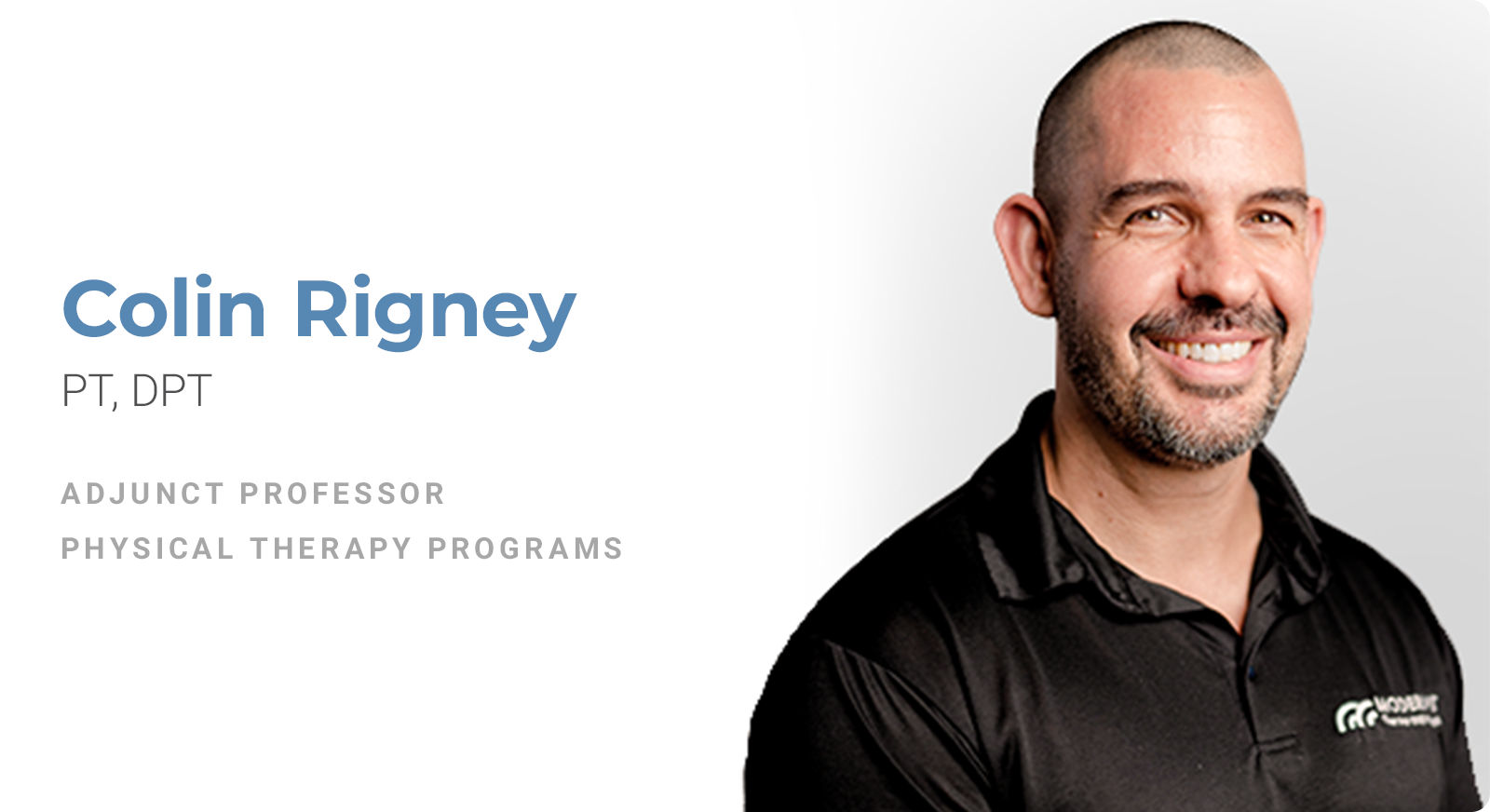

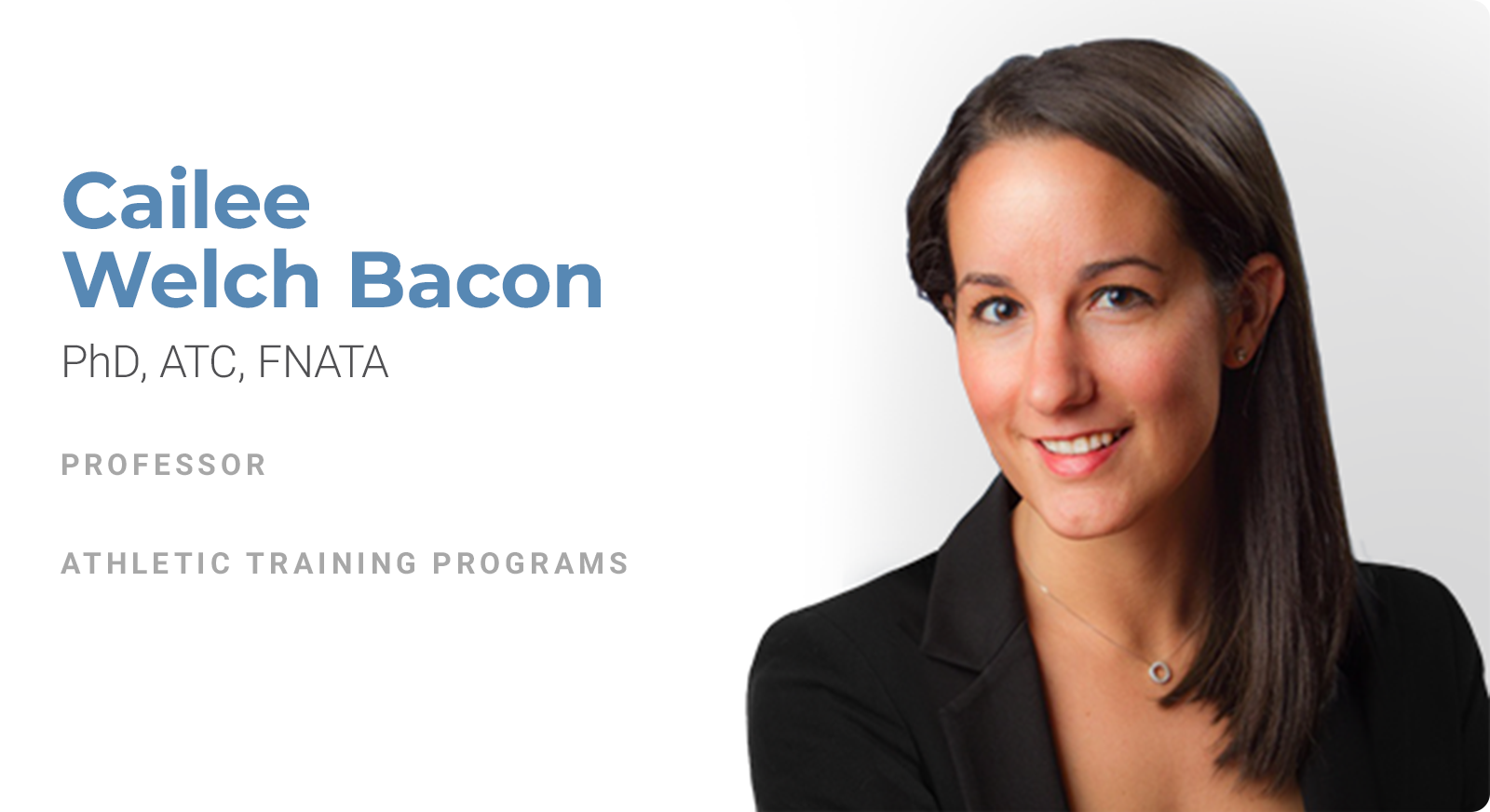
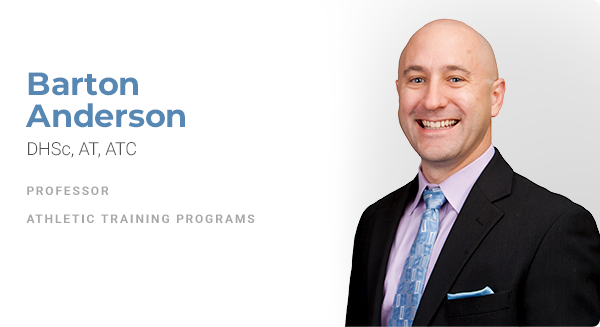
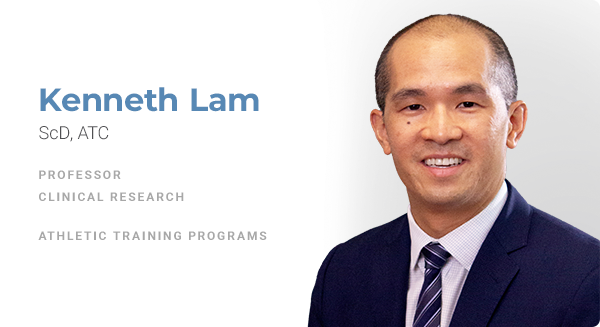
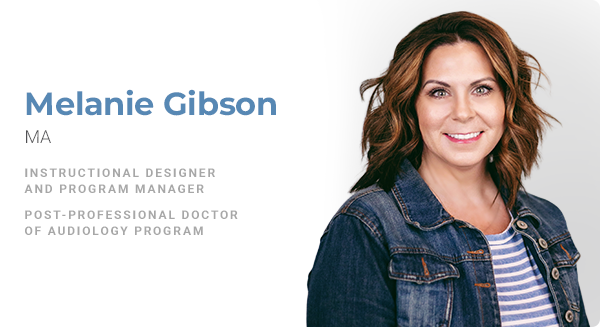
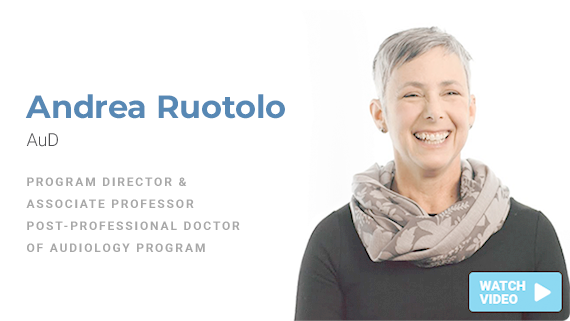





.png)


